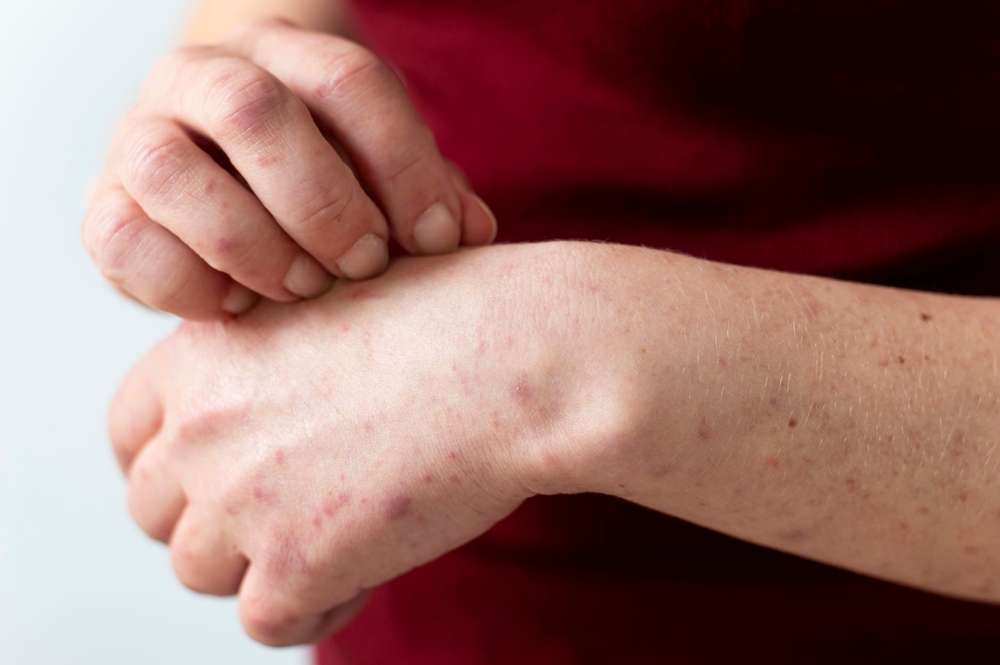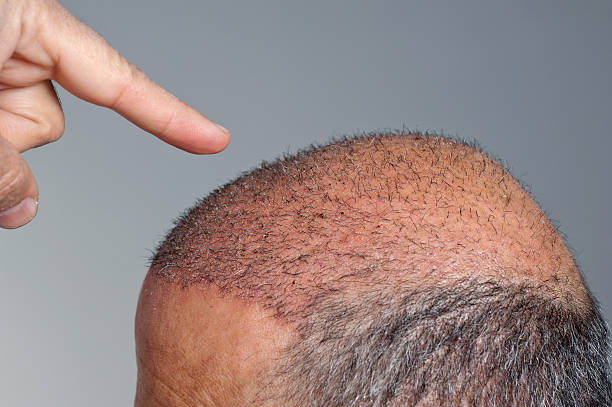Skin Allergy Treatment: Effective Options for Relief and Management
Skin allergies can cause discomfort, itching, and irritation. Thankfully, there are many treatment options—from over-the-counter creams to prescription therapies. Learn more about how to identify triggers, manage symptoms, and find the best care for your skin needs.

What are the most common types of skin allergies?
Skin allergies manifest in various forms, each with distinct characteristics and triggers. The most prevalent types include:
-
Contact dermatitis: This occurs when the skin comes into direct contact with an allergen, such as certain metals, plants, or chemicals. Symptoms typically include redness, itching, and sometimes blistering at the point of contact.
-
Atopic dermatitis (eczema): A chronic condition characterized by dry, itchy, and inflamed skin. It often appears in patches on the face, hands, feet, and in skin folds.
-
Urticaria (hives): These are raised, itchy welts that can appear suddenly and often resolve within hours or days. They can be triggered by various factors, including certain foods, medications, or environmental allergens.
-
Angioedema: This condition involves swelling beneath the skin, often affecting the face, lips, or eyelids. It frequently occurs alongside hives but can also appear independently.
Understanding the specific type of skin allergy you’re experiencing is crucial for determining the most effective treatment approach.
How can I identify my skin allergy triggers?
Identifying the triggers for your skin allergies is a critical step in managing and preventing flare-ups. Here are some strategies to help pinpoint your specific allergens:
-
Keep a detailed diary: Record your daily activities, foods consumed, products used, and any symptoms experienced. This can help you spot patterns and potential triggers.
-
Elimination method: Systematically remove suspected allergens from your environment or diet, then gradually reintroduce them to observe any reactions.
-
Patch testing: A dermatologist can perform this test, which involves applying small amounts of potential allergens to your skin to observe reactions.
-
Blood tests: Specific IgE blood tests can help identify allergies to certain substances, though they’re not always conclusive for skin allergies.
-
Skin prick tests: These tests involve introducing small amounts of potential allergens just beneath the skin’s surface to observe reactions.
By employing these methods, you can work with your healthcare provider to create a more targeted treatment plan and develop strategies to avoid your specific triggers.
What are the most effective over-the-counter treatments?
For many individuals, over-the-counter (OTC) treatments can provide significant relief from skin allergy symptoms. Some of the most effective options include:
-
Antihistamine creams: These topical treatments can help reduce itching and inflammation associated with hives and other allergic reactions.
-
Hydrocortisone creams: Available in low concentrations without a prescription, these can help alleviate itching and inflammation for various skin allergies.
-
Calamine lotion: This soothing lotion can provide relief from itching and help dry out oozing or weeping skin lesions.
-
Oral antihistamines: Medications like cetirizine, loratadine, or fexofenadine can help reduce overall allergic responses and alleviate itching.
-
Moisturizers: For conditions like eczema, regular use of fragrance-free, hypoallergenic moisturizers can help maintain skin barrier function and prevent flare-ups.
While these OTC options can be effective for mild to moderate symptoms, it’s important to consult a healthcare professional if symptoms persist or worsen.
When should I consider prescription treatments?
In cases where over-the-counter treatments prove insufficient, prescription options may be necessary. Consider seeking medical advice for prescription treatments if:
-
Symptoms persist or worsen despite consistent use of OTC treatments.
-
The affected area is large or covers sensitive areas like the face or genitals.
-
You experience signs of infection, such as increased redness, warmth, or pus.
-
Your quality of life is significantly impacted by your skin allergy symptoms.
Prescription treatments may include stronger topical corticosteroids, oral corticosteroids for severe flare-ups, immunomodulators like tacrolimus or pimecrolimus, or in some cases, biologics for severe, chronic conditions like atopic dermatitis.
How can I manage skin allergies long-term?
Long-term management of skin allergies involves a multi-faceted approach that goes beyond just treating symptoms. Here are some strategies for effective long-term management:
-
Identify and avoid triggers: Once you’ve pinpointed your specific allergens, take steps to minimize exposure in your daily life.
-
Maintain a consistent skincare routine: Use gentle, fragrance-free products and keep your skin well-moisturized to support its natural barrier function.
-
Practice good hygiene: Regular, gentle cleansing can help remove allergens from the skin’s surface and prevent infections.
-
Manage stress: Stress can exacerbate skin allergy symptoms, so incorporate stress-reduction techniques like meditation or exercise into your routine.
-
Consider lifestyle changes: Factors like diet, sleep quality, and environmental conditions can all impact skin health. Work with your healthcare provider to identify areas for improvement.
-
Stay consistent with treatments: Follow your prescribed treatment plan consistently, even when symptoms improve, to prevent flare-ups.
By adopting a comprehensive approach to skin allergy management, you can significantly improve your quality of life and reduce the frequency and severity of allergic reactions.
In conclusion, effective skin allergy treatment involves a combination of identifying triggers, using appropriate over-the-counter or prescription treatments, and implementing long-term management strategies. While many individuals find relief through self-care and OTC options, it’s important to consult with a healthcare professional for persistent or severe symptoms. With the right approach, most people can successfully manage their skin allergies and enjoy healthier, more comfortable skin.
This article is for informational purposes only and should not be considered medical advice. Please consult a qualified healthcare professional for personalized guidance and treatment.




